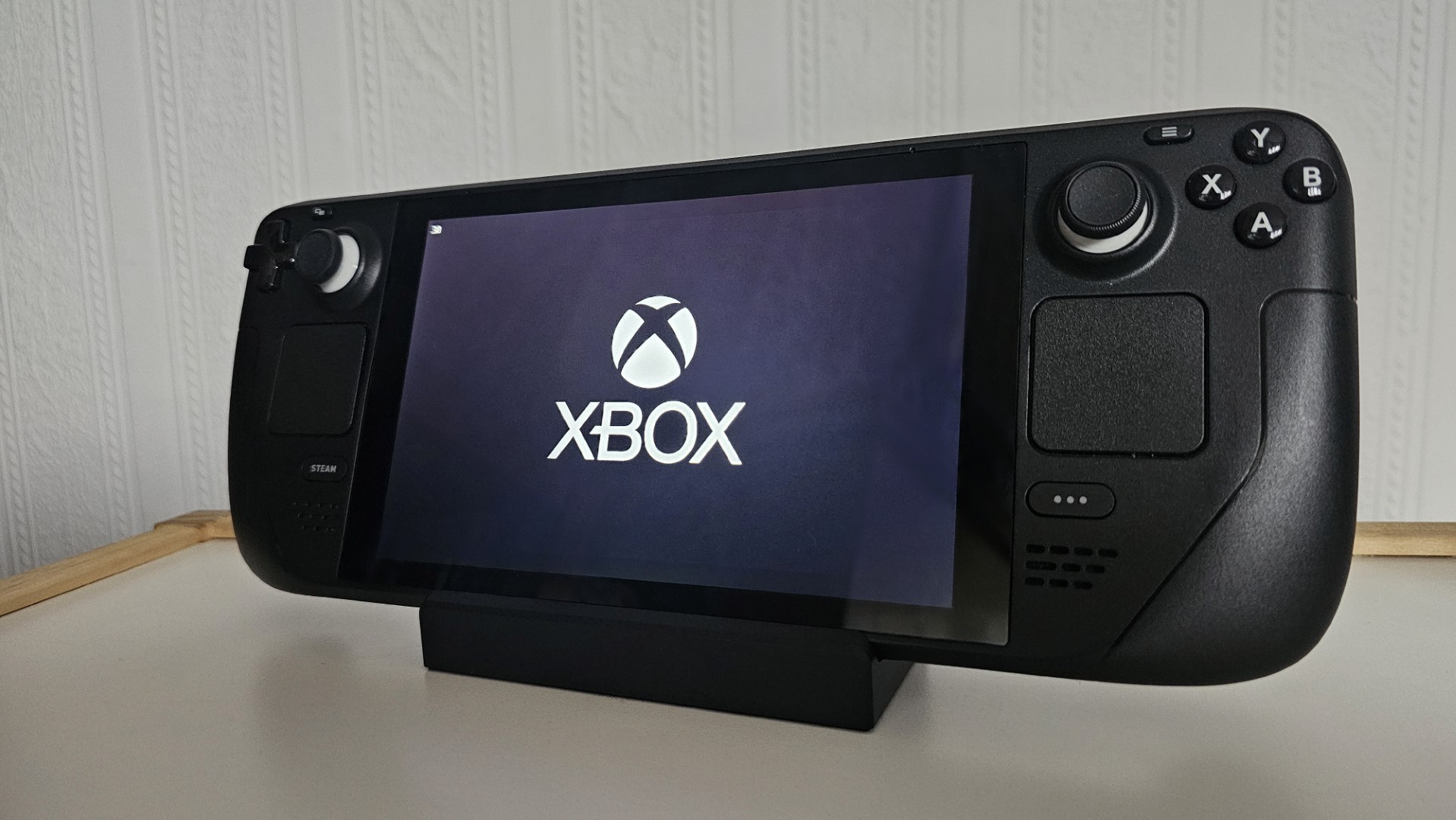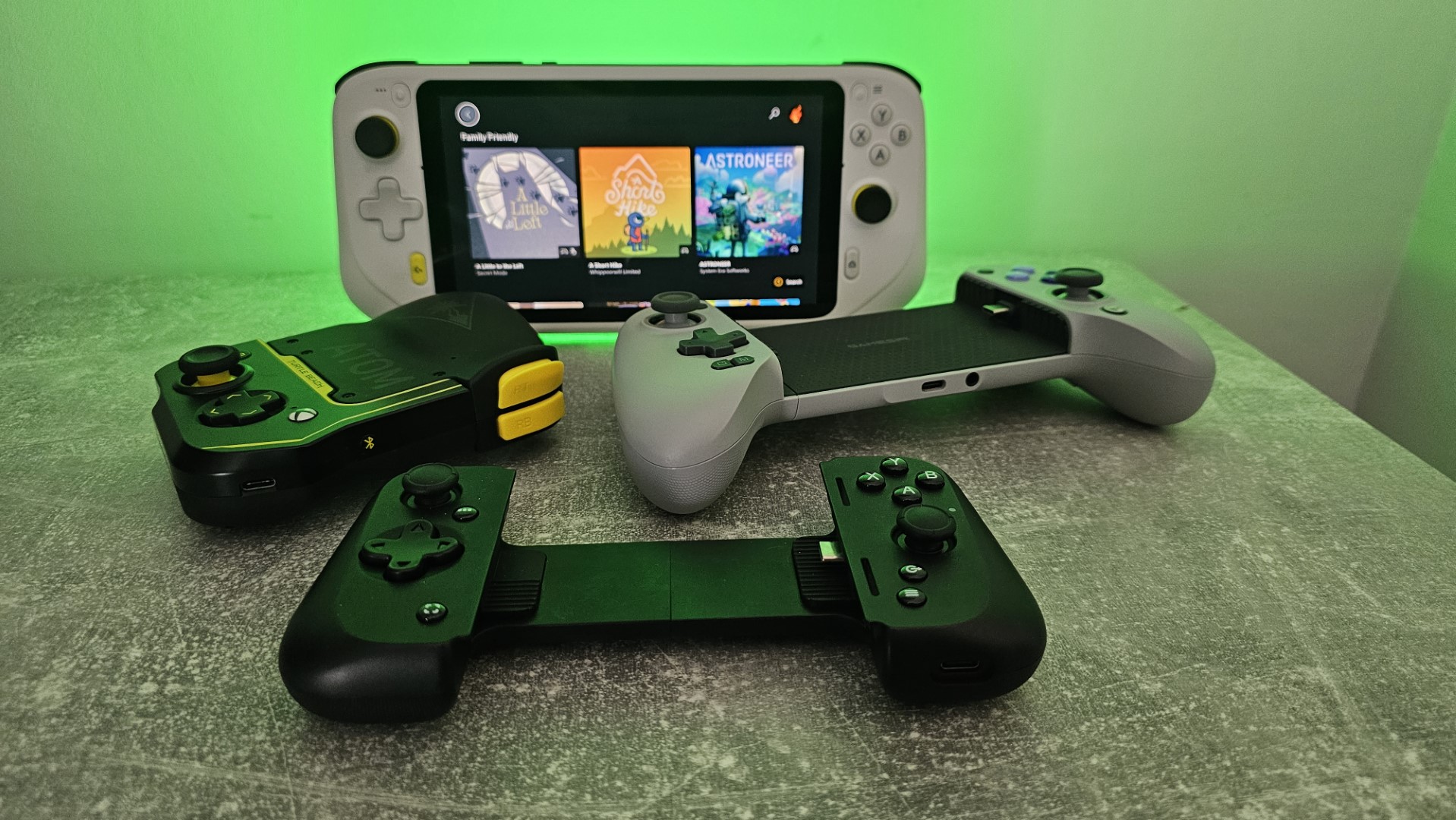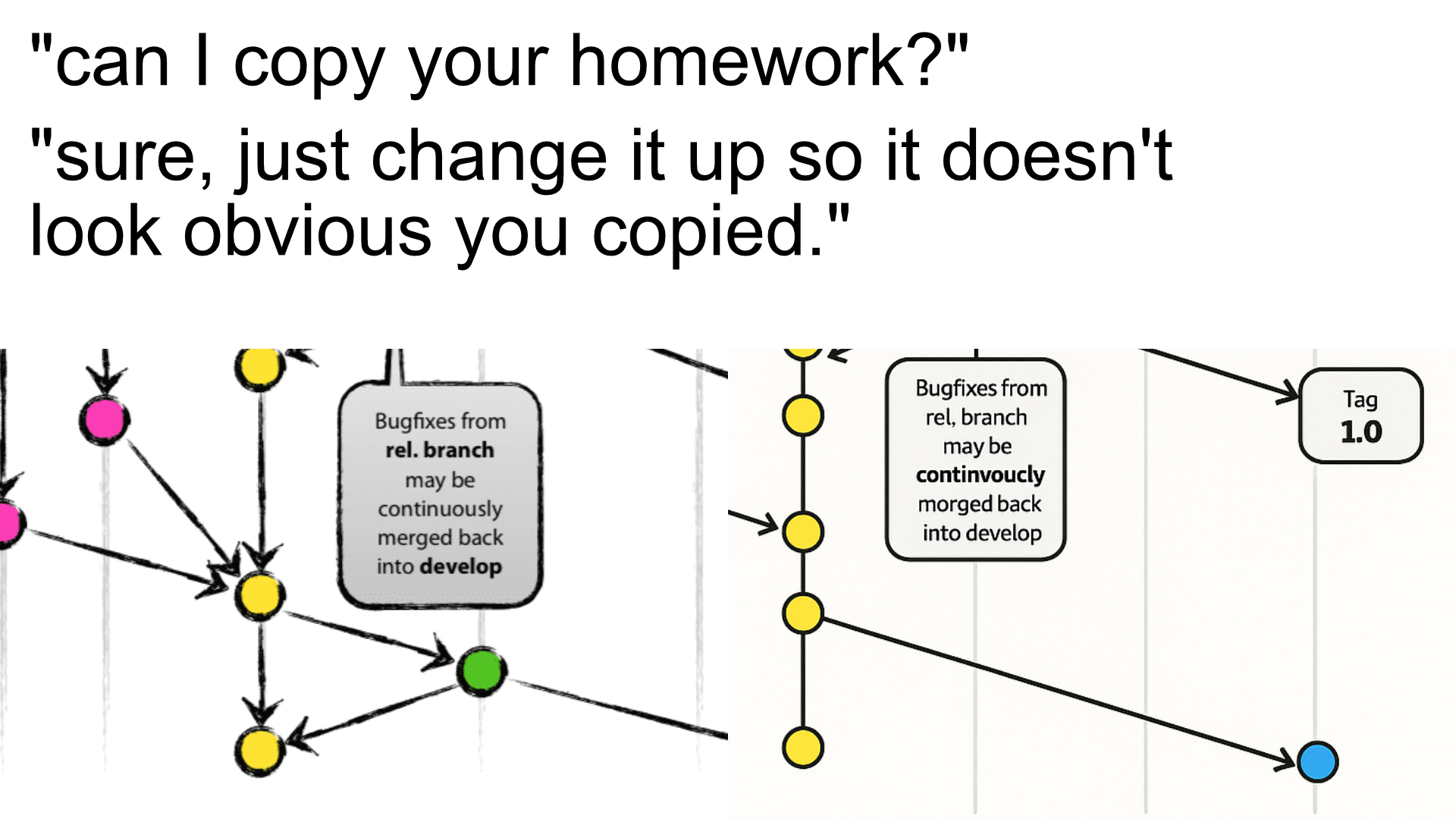Microsoft claims Apple's stringent guidelines are barring cloud gaming services from the App Store: "Apple’s IAP commission fee is set at a level that is neither economically sustainable nor justifiable"
Microsoft says Apple's exorbitant commission fee prevents cloud gaming services from making their way to the App Store.

All the latest news, reviews, and guides for Windows and Xbox diehards.
You are now subscribed
Your newsletter sign-up was successful
What you need to know
- Microsoft says Apple doesn't play fair with its stringent guidelines, which continue to prevent Xbox Cloud Gaming from coming to the App Store.
- The tech giant calls for more changes, including scrapping Apple's In-App Purchase guideline.
- Apple claims that the highlighted issues aren't preventing cloud gaming services from existing on the App Store, and further cites the success of other developers that it helped to achieve.
It seems like Microsoft and Apple are constantly wrapped up in battles. First, it was the race for search dominance, with Microsoft indicating it was ready to part with up to $15 billion to attract the deal Google has with Apple to make Bing the default search engine across its tech stack. However, Apple seems contented with its current arrangement with Google despite Microsoft's efforts, including offering its search engine for free.
Until recently, gaming streaming services like Xbox Cloud Gaming were restricted to the web in iOS. This is after Apple made alterations to its App Store guidelines. As you may know, Apple was listed as a gatekeeper by the EU, forcing it to open its App Store to side-loading and third-party storefronts, promoting fair competition within digital platforms.
As such, through regulation, the European Commission created a new avenue for Microsoft to grow its Xbox Cloud Gaming service on iOS. However, the iPhone maker found a way to wiggle itself out of the tight spot by creating several bottlenecks, including hidden tasks for developers building apps that aren't fully tying themselves to Apple's ecosystem.
Microsoft Gaming President Sarah Bond referred to Apple's new rules as "a step in the wrong direction," while asking the company to "listen to feedback." To this end, Microsoft and NVIDIA are yet to bring their cloud gaming apps to iOS, and Microsoft has provided a detailed account highlighting its reservations.
While making submissions to the UK Competition and Markets Authority (CMA), the tech giant admitted that Apple has made several changes to its App Store guidelines. However, Microsoft stated the changes weren't enough to natively support Xbox's Cloud Gaming app on iOS (via The Verge).
Why is Xbox Cloud Gaming not available in iOS?
According to Microsoft, Apple's new guidelines for its App Store still feature several roadblocks, preventing it from running its Cloud Gaming app on iOS. The company highlighted Apple's requirement to avail Xbox Cloud Gaming's content, subscriptions, and features directly within an iOS app as an in-app purchase (IAP) as a major deterrent. The company further indicated:
"In fact, Apple’s IAP commission fee is set at a level that is neither economically sustainable nor justifiable. The 30 percent commission fee makes it impossible for Microsoft to effectively monetize its cloud gaming service offering, given that Guideline 3.1.3(b) prevents different content, subscriptions or features (including consumables in multiplatform games) being offered to iOS users (as compared to the content, subscriptions and features offered on other platforms).
All the latest news, reviews, and guides for Windows and Xbox diehards.
As observed by the CMA in its Mobile Ecosystem market study, the 30 percent fee imposed by Apple on IAPs is the result of a lack of competition in the distribution of native iOS apps."
Further into its submissions, Microsoft indicated that Apple's outrageous requirements would prompt third-party game developers to recode their games to meet the IAP threshold.
Microsoft highlighted Apple's guideline restricting developers from linking outside the iOS app for subscriptions as a major issue. For context, the iPhone maker only allows reader apps to link outside, but cloud gaming apps don't meet this criteria. Apple indicates it never allowed cloud gaming apps to take advantage of its Reader Rule. It further states that cloud gaming developers shouldn't use it as the premise for their arguments about in-app purchases.
To this end, the CMA is investigating the matter by assessing the distribution of cloud gaming services in app stores across the UK. Several elaborate measures and policies could be implemented to address the highlighted issues, including expanding Apple's Reader Rule to Cloud Gaming apps. This would allow developers to leverage their in-app payment systems on iOS.
Apple argues that it supports Xbox Cloud Gaming on web apps and claims that Microsoft hasn't touched base with it, despite making several alterations to its guidelines:
"It is notable that while CMA cites Microsoft’s concerns in the Working Paper, Microsoft has chosen not to engage with Apple on cloud gaming apps since Apple’s changes to the Guideline. This lack of engagement comes despite Apple’s affirmative outreach on new opportunities and tools for cloud gaming apps on iOS.”
Apple claims that its IPA guideline isn't the issue that's preventing cloud gaming developers from bringing their games to iOS. It used the opportunity to mention a small developer called Antstream, which shipped its first gaming streaming service to iOS earlier this year.
🎒The best Back to School deals📝
- 🕹️Xbox Game Pass Ultimate (3-months) | $29.99 at CDKeys (Save $20!)
- 🎮Lenovo Legion Go (Z1 Extreme) | $599.99 at Best Buy (Save $100!)
- 🎧Sony WH1000XM5 ANC Headphones | $329.99 at Best Buy (Save $70!)
- 🕹️Starfield Premium Upgrade (Xbox & PC) | $27.69 at CDKeys (Save $7!)
- 📺LG UltraGear OLED Curved Monitor 39 | $999.99 at Amazon (Save $500!)
- 💻HP Victus 15.6 Laptop (RTX 4050) | $599 at Walmart (Save $380!)
- 🕹️God of War: Ragnarök (PC, Steam) | $50.19 at CDKeys (Save $10!)
- 💻Lenovo ThinkPad X1 Carbon | $1,481.48 at Lenovo (Save $1,368!)
- 🎮 Seagate Xbox Series X|S Card (2TB) | $229.99 at Best Buy (Save $130!)
- 🕹️Hi-Fi RUSH (PC, Steam) | $8.99 at CDKeys (Save $21!)
- 🖱️Razer Basilisk V3 Wired Mouse | $46.99 at Best Buy (Save $23!)
- 🖥️Lenovo ThinkStation P3 (Core i5 vPro) | $879.00 at Lenovo (Save $880!)

Kevin Okemwa is a seasoned tech journalist based in Nairobi, Kenya with lots of experience covering the latest trends and developments in the industry at Windows Central. With a passion for innovation and a keen eye for detail, he has written for leading publications such as OnMSFT, MakeUseOf, and Windows Report, providing insightful analysis and breaking news on everything revolving around the Microsoft ecosystem. While AFK and not busy following the ever-emerging trends in tech, you can find him exploring the world or listening to music.

